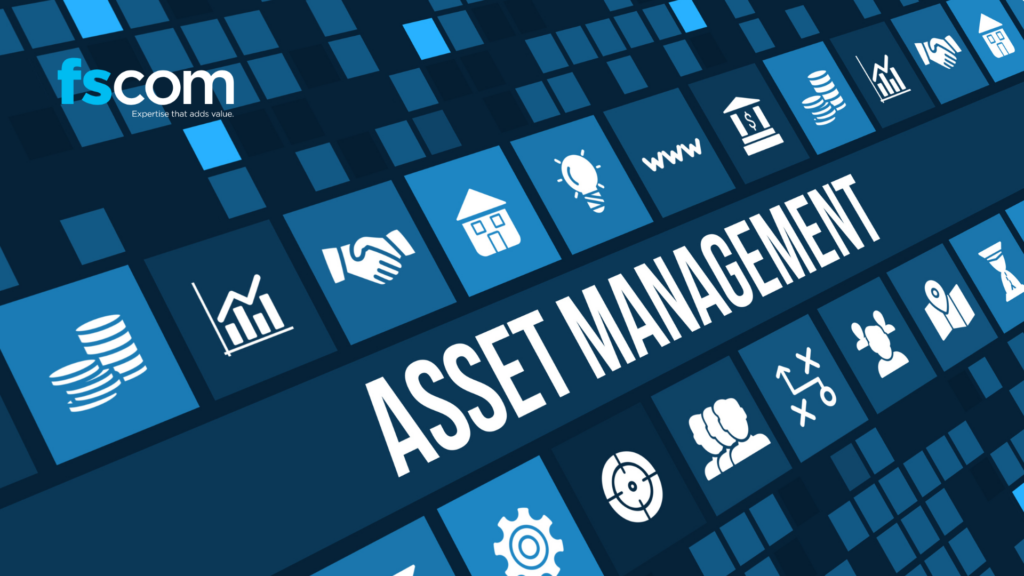Tomorrow I’ll have the pleasure of introducing some of the most dynamic payments and e-money businesses from around the world, when I chair the one of the stages at this year’s PayExpo Europe.
The theme of my stage – FinTech and Landscape Evolution. Over the weekend, I spent some time mulling over the theme synopsis on the PayExpo website; “With FinTech booming and more companies than ever jostling for position, what can these new players do to stand out from the crowd and how are the new products and services available changing customer expectations?”
It begs a very good question. When there is so much noise, what can FinTechs do to gain a competitive advantage?
Better User Experience
Possibly the biggest driver for many FinTechs is the desire to enhance the user experience. It’s why millions are spent on it every year.
The very best FinTechs have painstakingly mapped out every stage of a consumer’s journey through their solution, making it as straightforward and user friendly as possible. This is a must. As with a slow loading website, if something is not easy to use, then it will likely end up on the scrap heap before long.
For others, enhancing the user experience extends beyond their tangible products, to delivering a superior customer service. These start-ups offer what legacy banks never have – transparency, speedy issue resolution and great support. One of the best examples of this is Monzo Bank.
While it also offers great savings to its customers, it has also made it its mission to provide amazing customer service. In July, when Monzo suffered a minor payments meltdown, they were straight onto their customers, providing regular updates on the status of the issue and offering to pay any bank charges incurred as a result of customers having to use an alternative banking card while travelling.
No doubt, an amazing user experience will help a business stand out from the crowd, but it requires a major commitment, in terms of time and effort, on behalf of the business.
Cutting Costs
Cutting the administrative charges associated with payments is a major selling point for many payments and e-money start-ups.
Newer, leaner, born on the internet banks and payments companies, such as Starling Bank and Go Cardless, have made a name for themselves by offering many of the payment luxuries of a traditional bank, for a fraction of the cost. They empowered the consumer, providing real choice.
The only issue with using cost savings to establish a competitive advantage, is that it’s easily replicated. Indeed, this is now an expectation rather than a selling point.
Embracing Regulation
It might not be obvious at first, but increasing regulation offers a massive opportunity for FinTechs sharp enough to recognise it.
There’s no denying that the administrative and technological pressures of new regulations, like PSD2 and GDPR, are going to cause a lot of FinTech start-ups a lot of pain, but the very best businesses have always found a way to turn adversity into opportunity.
To realise the benefit regulation presents, we need to look past the problems and remember that while regulation is there, first and foremost, to protect the end-user from unscrupulous start-ups and innocent failures, it also can foster a truly competitive environment while re-establishing public confidence in the sector and increasing the regulator’s understanding of innovative solutions.
Let’s take GDPR as an example. It’s been the subject of much huffing and puffing across all industries. Yet few have stopped to consider the insights to be gained from mapping the flow of data through their companies. Approached with the right attitude, it has the potential to improve massive operational efficiencies, improving the processes within your business that once before might have been considered too complex to tackle.
Using regulation, especially when it’s an obligatory requirement, to build consumer trust and streamline your organisation’s processes, is possibly the greatest opportunity your FinTech has to differentiate itself. What’s stopping you from capitalising on it?







